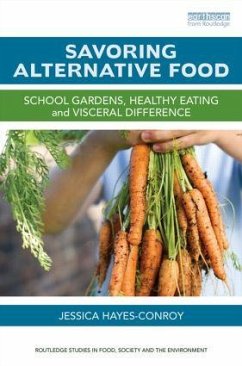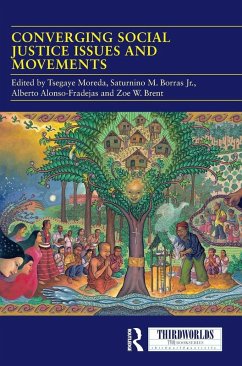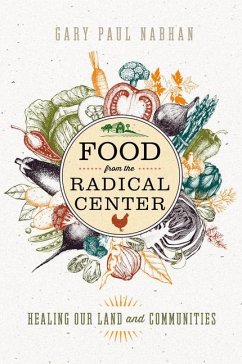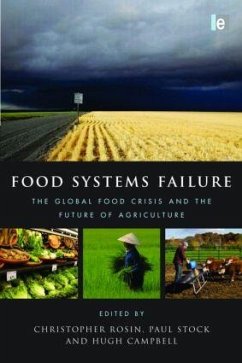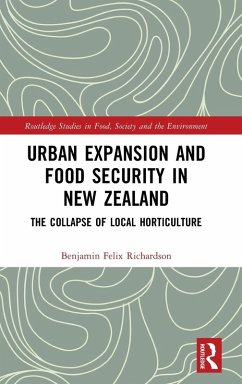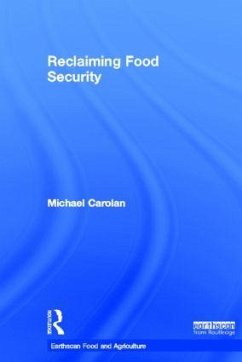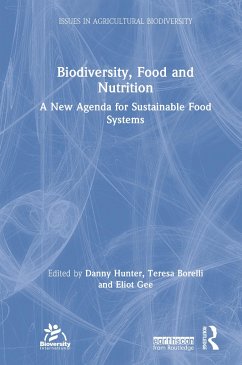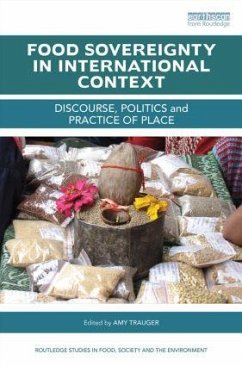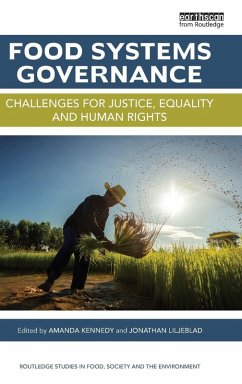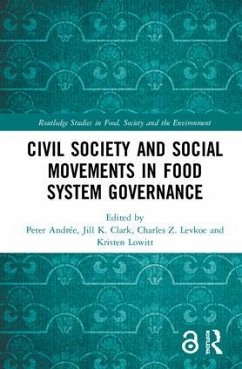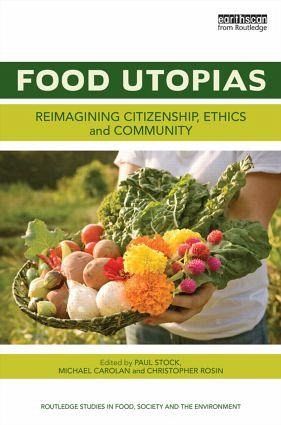
Food Utopias
Reimagining citizenship, ethics and community
Herausgeber: Stock, Paul V.; Rosin, Christopher; Carolan, Michael

PAYBACK Punkte
89 °P sammeln!
Food is a contentious and emotive issue, subject to critiques from multiple perspectives. Alternative food movements - including the different articulations of local, food miles, seasonality, food justice, food knowledge and food sovereignty - consistently invoke themes around autonomy, sufficiency, cooperation, mutual aid, freedom, and responsibility. In this stimulating and provocative book the authors link these issues to utopias and intentional communities. Using a food utopias framework presented in the introduction, they examine food stories in three interrelated and complementary ways: ...
Food is a contentious and emotive issue, subject to critiques from multiple perspectives. Alternative food movements - including the different articulations of local, food miles, seasonality, food justice, food knowledge and food sovereignty - consistently invoke themes around autonomy, sufficiency, cooperation, mutual aid, freedom, and responsibility. In this stimulating and provocative book the authors link these issues to utopias and intentional communities. Using a food utopias framework presented in the introduction, they examine food stories in three interrelated and complementary ways: utopias as critique of existing systems; utopias as engagement with experimentation of the novel, the forgotten, and the hopeful in the future of the food system; and utopias as process that recognizes the time and difficulty inherent in changing the status quo. The chapters address theoretical aspects of food utopias and also present case studies from a range of contexts and regions, including Argentina, Italy, Switzerland and USA. These focus on key issues in contemporary food studies including equity, locality, the sacred, citizenship, community and food sovereignty. Food utopias offers ways forward to imagine a creative and convivial food system.




